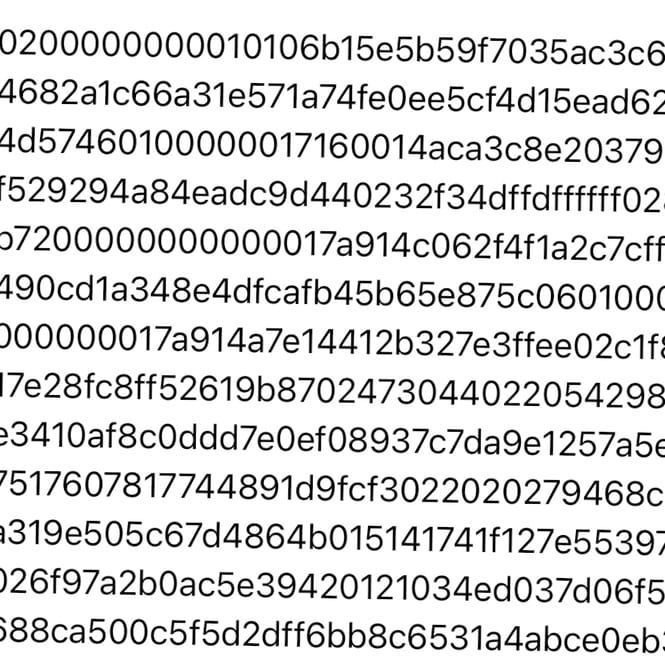Bitcoin is not Gold

While it bears some similarities, there are many reasons why it's not the same type of asset.
First of all, if you want to say serious things about Bitcoin, you have to understand how it works. You can't just observe that other people are buying it. If this is your basis, you aren't an expert; please stop talking about and read up on how it works.
In a nutshell, computers around the world pack about 2000-3000 transactions into a file and start running hashes of the file, slightly adjusting their inputs. If the computer is super lucky, the hash is a number like 0000000000000000000113a0c42bad28253496476ca6fa037a555b7884696160 which because of your incredible luck, happens to have a whole lot of zeroes at the start. If you get this lucky number, you publish this to the network and the network agrees that the block you just hashed is the next block in the blockchain. As your reward you get to create 3.125 new bitcoins and give them yourself. As soon as you publish your block, other computers start taking new transactions and run gazillions of hashes on these, hoping to find the next block and give themselves the next 3.125 bitcoins. Every 2016 blocks, the timestamps are computed, and if the blocks have been found too fast, the difficulty is automatically increased, with the the idea is that blocks are found on average every 10 minutes.
Which is exactly the way gold is produced, modulo a few massive differences.
Gold is physical, Bitcoin is based on agreement about a ledger. Here's the thing about gold. If you find a nugget in a riverbed. It's yours, and nobody has to agree that you have it. Bitcoin is based on consensus. Gold is not based on consensus, it's based on gold being a thing that you can hold in your hand. You say you have a bitcoin, but the only reason that your claim means anything is that everyone in the world who has a copy of the Bitcoin blockchain on their computer can look at the blockchain and agree with you. Without this ledger, there is no Bitcoin, you have a bunch of random appearing numbers.
I'm being pedantic, obviously, but it's important because the ledger has to be maintained, appended to, and copied around the network. There are tens of thousands of nodes keeping copies of the ledger, and then there are miners, who are running gazillions of hashes on transactions in order to add their block to the ledger.
What happens if miners try to publish different blocks to the network? Well here's the weird thing: we don't actually know what would happen. Bitcoin has always been based on the faith that miners "ought to find it more profitable to play by the rules" (per the original whitepaper.) So far, to this day, no miners have seriously attempted to mess with the ledger by publishing conflicting chains and making consensus impossible.
A significant reason for the fact that miners haven't attacked the system yet, is that up to this point it was in their best interest not to do so. That this alignment will continue is an element of faith, as the conditions underlying this alignment are shifting significantly over the next 10-20 years: The block subsidy that was once 50 bitcoins in 2011 is going to be reduced to 0.09765625 bitcoins in 2044. (This schedule is necessary to keep the total number of bitcoins no more than 21 million) . Further, miners have been profitable largely because they are heavily invested in Bitcoin itself and "ought to find it more profitable to play by the rules" while their holdings increase in value. And yet further, as Bitcoin becomes a fully developed financial instrument, the opportunities to profit from an orchestrated constitutional crisis are going to be bountiful.
Essentially, if at some point in the future, miners are not being paid well, any coalition that has the ability to produce more than 50 of the total hash rate can turn and hold your Bitcoin hostage. Gold is not something that can be frozen by computers overseas, over the internet.


